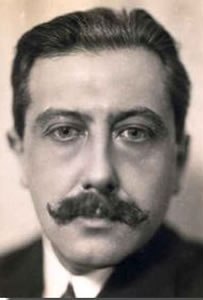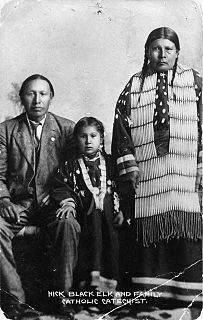A Quote by Victor Hugo
Let us have compassion for those under chastisement. Alas, who are we ourselves? Who am I and who are you? Whence do we come and is it quite certain that we did nothing before we were born? This earth is not without some resemblance to a gaol. Who knows but that man is a victim of divine justice? Look closely at life. It is so constituted that one senses punishment everywhere.
Related Quotes
There is no peace in Southern Africa. There is no peace because there is no justice. There can be no real peace and security until there be first justice enjoyed by all the inhabitants of that beautiful land. The Bible knows nothing about peace without justice, for that would be crying "peace, peace, where there is no peace". God's Shalom, peace, involves inevitably righteousness, justice, wholeness, fullness of life, participation in decision-making, goodness, laughter, joy, compassion, sharing and reconciliation.
We hear in these days a great deal respecting rights--the rights of private judgment, the rights of labor, the rights of property, and the rights of man. Rights are grand things, divine things in this world of God's; but the way in which we expound these rights, alas! seems to me to be the very incarnation of selfishness. I can see nothing very noble in a man who is forever going about calling for his own rights. Alas! alas! for the man who feels nothing more grand in this wondrous, divine world than his own rights.
Deep thinkers who look everywhere for the mysterious causes of poverty, ignorance, crime and war need look no further than their own mirrors. We are all born into this world poor and ignorant, and with thoroughly selfish and barbaric impulses. Those of us who turn out any other way do so largely through the efforts of others, who civilized us before we got big enough to do too much damage to the world or ourselves.
In trying to express only those aspects of ourselves that we believe will guarantee us the acceptance of others, we suppress some of our most valuable and interesting features and sentence ourselves to a life of reenacting the same outworn scripts. Reclaiming the parts of ourselves that we have relegated to the shadow is the most reliable path to actualizing all of our human potential. Once befriended, our shadow becomes a divine map that—when properly read and followed—reconnects us to the life we were meant to live and the people we were meant to be.
No matter what his crimes were, Alton Sterling did not deserve to be executed for them. Look, guys, the punishment for resisting arrest shouldn't be death. The punishment for selling bootleg CDs shouldn't be death. The punishment for having a gun in an open-carry state shouldn't be death. The punishment for being a black man shouldn't be death.
It has been discovered that all the world is made of the same atoms, that the stars are of the same stuff as ourselves. It then becomes a question of where our stuff came from. Not just where did life come from, or where did the earth come from, but where did the stuff of life and of the earth come from?
It is good to have a reminder of death before us, for it helps us to understand the impermanence of life on this earth, and this understanding may aid us in preparing for our own death. He who is well prepared is he who knows that he is nothing compared with Wakan-Tanka, who is everything; then he knows that world which is real.
It all began when... they're funny, those words. Everyone uses them, without thinking what they mean. When does anything begin? With everyone it begins when you're born. Or before that, when your parents got married. Or before that, when your parents were born. Or when your ancestors colonised the place. Or when humans came squishing out of the mud and slime, dropped off their flippers and fins, and started to walk. But all the same, all that aside, for what's happened to us there was quite a definite beginning






































